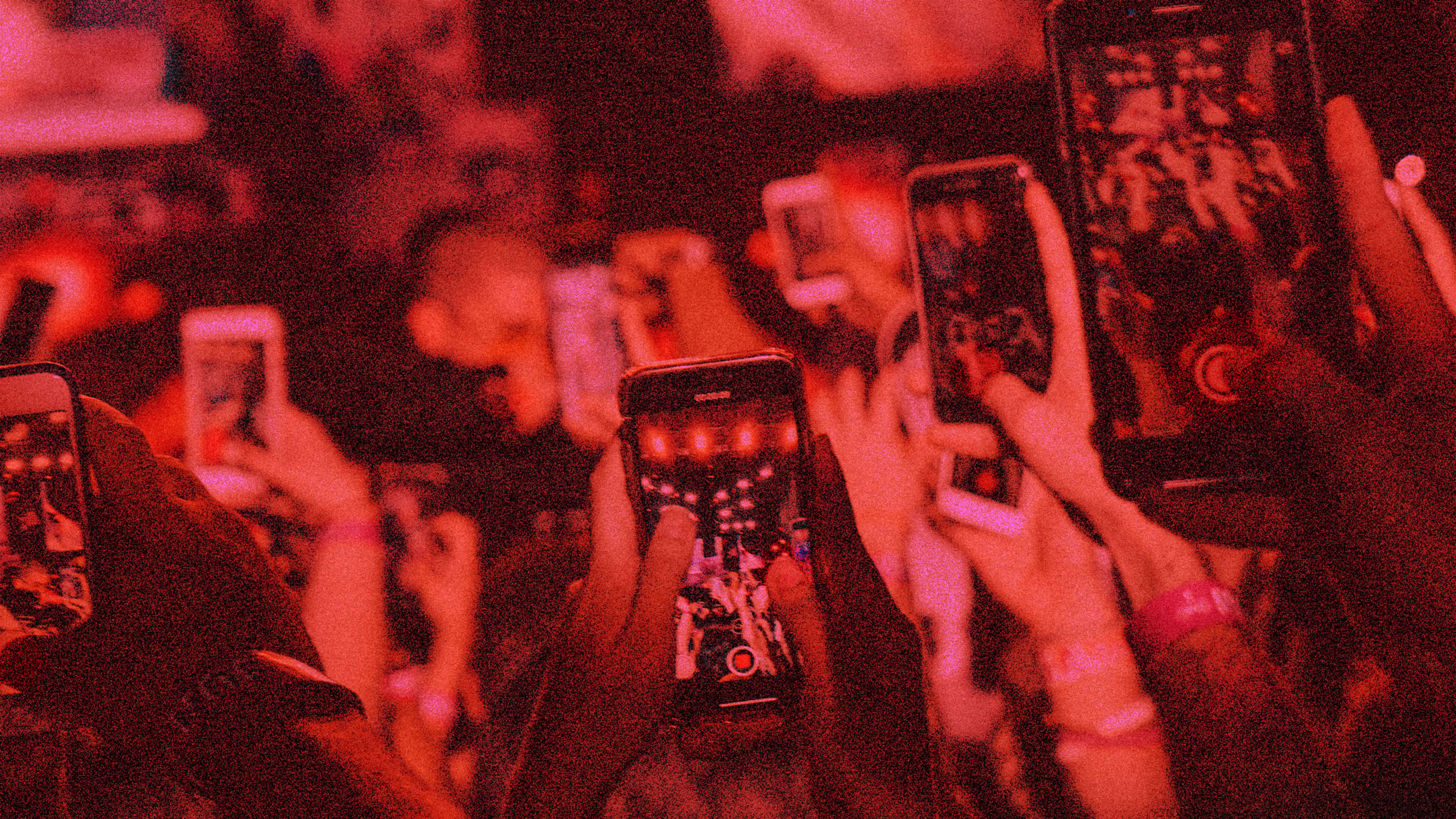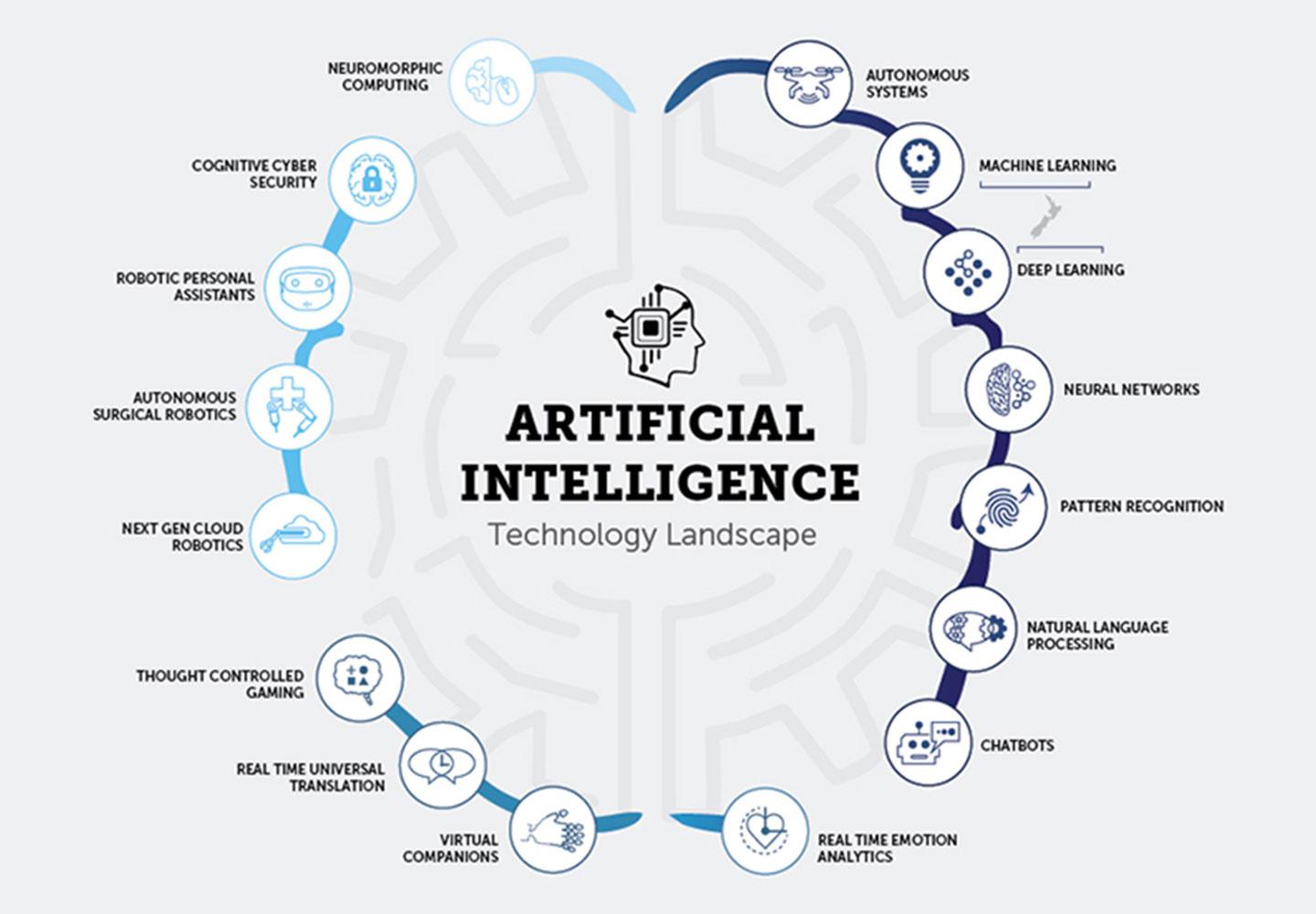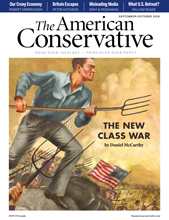In today's world, technology is everywhere, deeply embedded in nearly every aspect of our lives. For me, it's more than just a tool; it's like a bridge connecting me to everything around me. From how I communicate with others and consume media to how I spend my free time, the digital wave has transformed not only the world but also my personal daily routine. As newer generations grow up, it’s crucial to both embrace the potential of technological advancements and acknowledge the downsides they bring.
 The internet reared its head in January 1983 and was a pivotal historical moment. This interconnected web altered how we access information and opened doors to learning, entertainment, and relationships. The development of the internet moves through all generations. Generation X reminisces about platforms like MySpace but the true social media pioneer was Six Degrees that originated in 1997. This platform gave birth to successors like Instagram, Facebook, and TikTok, reshaping how we socialize and define ourselves. The rise of these platforms has created a new social dynamic, one that is constantly evolving and expanding.
The internet reared its head in January 1983 and was a pivotal historical moment. This interconnected web altered how we access information and opened doors to learning, entertainment, and relationships. The development of the internet moves through all generations. Generation X reminisces about platforms like MySpace but the true social media pioneer was Six Degrees that originated in 1997. This platform gave birth to successors like Instagram, Facebook, and TikTok, reshaping how we socialize and define ourselves. The rise of these platforms has created a new social dynamic, one that is constantly evolving and expanding.
Along with the perks of the internet and social media, there are significant risks that we often overlook. Downloading apps, for example, can put our privacy at risk in ways that we do not fully grasp. We grant permissions in our daily interactions on social media that allow access to our everyday lives unknowingly. As a teenager, I realize how irresponsibly I used platforms like Instagram in hindsight. I was so focused on fitting in and gaining followers that I didn’t realize the extent of the data I was sharing. It wasn’t until later that I became aware of how much personal information I had exposed. Now that I have matured, I understand the importance of being safe and aware of red flags related to my use of social media.
Media influences us in more ways than we realize. The opportunity to create addiction is prevalent and can change the way we see the world and ourselves. Social media, especially, is a mixed bag. While it offers connections and information, it can also lead to addiction. Algorithms are designed to keep us hooked, feeding our desire for validation with likes and comments. This constant exposure to others’ seemingly perfect lives can distort our sense of reality, particularly for younger individuals still figuring out who they are. The pressure to present a curated, flawless version of oneself can be overwhelming and damaging to self-esteem.
I now see how deeply I was immersed in the online world looking back on my use as a middle and high school student. There was an intense amount of pressure to participate in every trend, even if the risks were in the forefront of my mind. Many challenges evolved that included an element of danger like the Tide Pod craze. The toll on mental health was undeniable, with rates of depression and anxiety soaring among my peers. Social media became a double-edged sword, offering a sense of belonging while simultaneously amplifying insecurities and fears.
There are some negative aspects of technology and social media; however, there is a balance of positives. During the pandemic, technology was the binder for most people in the world related to education, finance, etc. The value of technology was nearly insurmountable when physical distance was required. It democratizes information and fuels innovation, offering endless possibilities for growth—if we use it wisely. As many traditional methods were not accessible, the internet provided a lifeline for education, work, and social interaction. The majority of my ninth grade year was completed online through virtual classrooms, remote work, and digital gatherings, thanks to technology that ensured continuity in our lives despite the global crisis.
The importance of finding balance - knowing when to unplug and prioritize real-life interactions - is key and one of the more difficult parts of engaging with technology. As we navigate this complex relationship with technology, I aim to be a responsible user, mindful of its impact on my well-being and the world around me. It’s a journey of discovery, filled with both challenges and opportunities. Practicing digital mindfulness and setting boundaries can help mitigate the negative effects of technology while maximizing its benefits.
As we move forward, let’s strive for a healthier, more connected future. This involves not only individual efforts but also collective action to create supportive environments and policies that promote digital well-being. Educating ourselves and others about the ethical use of technology and the importance of digital literacy is crucial in this endeavor. As a college student, I am still learning how to disconnect from technology as it is still a vital part of my experience. I look for ways to participate in social activities that are in person and force me to work on my soft skills. I try to limit my use also because of the level of data tracking that is a bit frightening.

In my opinion, technology is a necessary part of our lives because it affords us remarkable opportunities and significant challenges. By being aware of its impacts and striving for a balanced approach, we can harness its potential for good while mitigating its downsides. I hope we will continue to work together to create a future where technology is used as a life enhancement with as little negative impact on our well-being as we shape our digital landscape.




